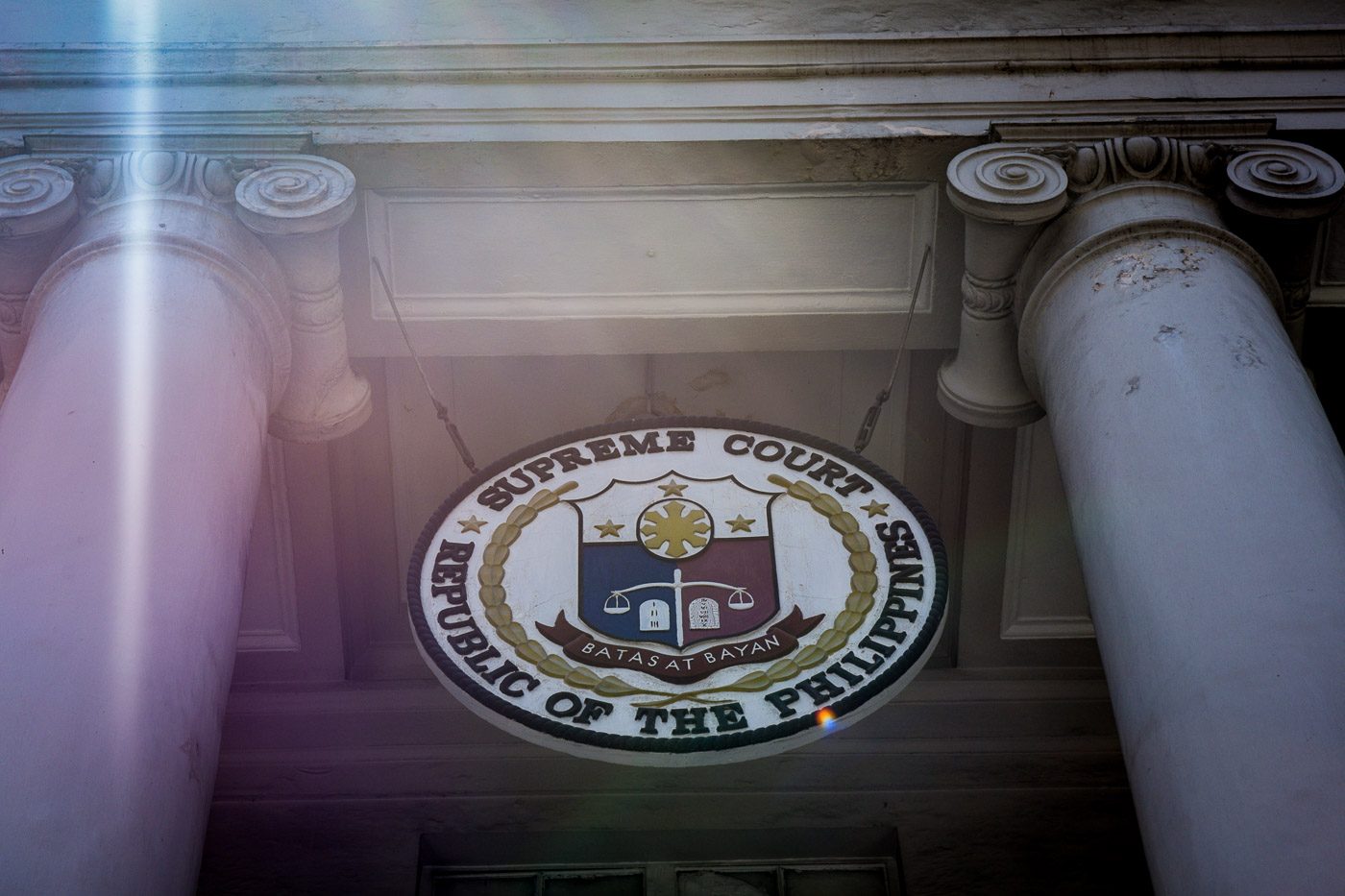SUMMARY
This is AI generated summarization, which may have errors. For context, always refer to the full article.

MANILA, Philippines – The Supreme Court affirmed the constitutionality of Republic Act No. 10392, the law which broadened the scope of emergency cases that hospitals must accommodate even without a deposit, and which increased penalties for violators.
The en banc voted 10-0 (the rest were on leave) to dismiss the petition of the Private Hospital Association of the Philippines, Inc. (PHAPi) for lack of evidence to prove that there was grave abuse of discretion in passing the law.
In August 2017, President Rodrigo Duterte signed the law which added new provisions to existing law that PHAPi deemed violative of hospitals’ right to due process.
For example, the amended Section 1 seeks to penalize hospitals which will fail to “prevent death, or permanent disability, or in the case of a pregnant woman, permanent injury or loss of her unborn child.” The premise, of course, is if the hospital refuses to administer “basic emergency care” without a deposit.
PHAPi argued that the law unfairly imposed on doctors the absolute responsibility to “prevent” death or injury, which the group said is “impossible to guarantee.”
The law’s amended Section 5 also states that there is a presumption of liability in the case of death, permanent disability, or serious impairment. The petitioner said this is against the constitutional presumption of innocence.
Saying that determining liabilities in such cases involves an investigation into medical malpractice, the group said “the causation between the injury and the medical action are determinable only through the technical and scientific competence of physicians and thus, cannot be presumed by law.”
The petitioner also complained about the provision that only guarantees PhilHealth reimbursements for indigent patients.
But their arguments were pure “conjectures,” said 10 justices.
Although the en banc said the petitioner was right in bringing the issue straight to the Supreme Court, the justices said the case lacked “the requisites of judicial review.”
“The petition is unfortunately bereft of any allegation that petitioner, nor any of its members, had thereby suffered an actual or direct injury as a result of a discretion gravely abused,” said the decision penned by Associate Justice Noel Tijam.
The justices also respected the wisdom of both Congress and the executive branch.
“If the Court were to invalidate the questioned law on the basis of conjectures and suppositions, then it would be unduly treading questions of policy and wisdom not only of the legislature that passed it, but also of the executive which approved it,”the decision said.
Tijam’s ponencia was concurred in by Chief Justice Lucas Bersamin, Senior Associate Justice Antonio Carpio, Associate Justices Diosdado Peralta, Estela Perlas-Bernabe, Marvic Leonen, Francis Jardeleza, Benjamin Caguioa, Andres Reyes Jr, and Ramon Paul Hernando. – Rappler.com
Add a comment
How does this make you feel?
There are no comments yet. Add your comment to start the conversation.